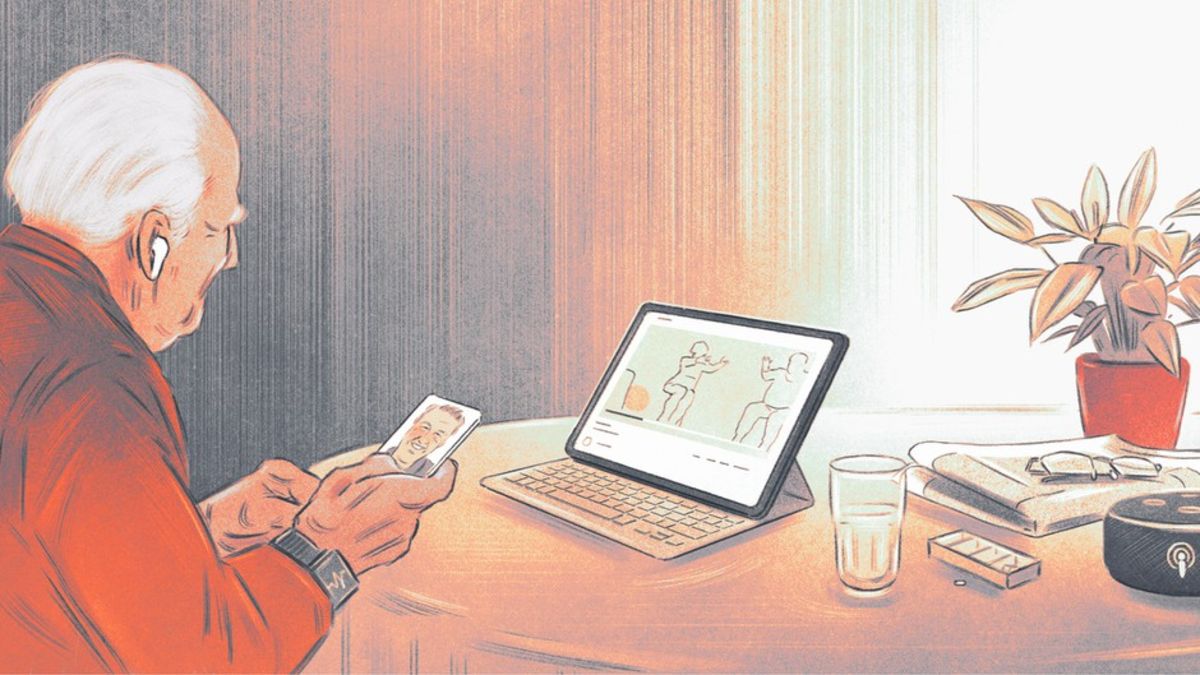Older adults can save tens of thousands of dollars annually by choosing assisted living communities over aging in place in their homes.
Unlike point solutions, Inspiren unifies resident safety, care planning, staffing, and emergency response into a single AI-powered platform.
An artificial intelligence-powered virtual assistant platform for senior living and care providers.
Betting that AI could lighten the clinician load.

 Since the start of the Covid-19 pandemic, tech nice-to-haves have become critical. Between boosting the deployment of telehealth technologies, once-delayed initiatives became instantly late.
Since the start of the Covid-19 pandemic, tech nice-to-haves have become critical. Between boosting the deployment of telehealth technologies, once-delayed initiatives became instantly late.